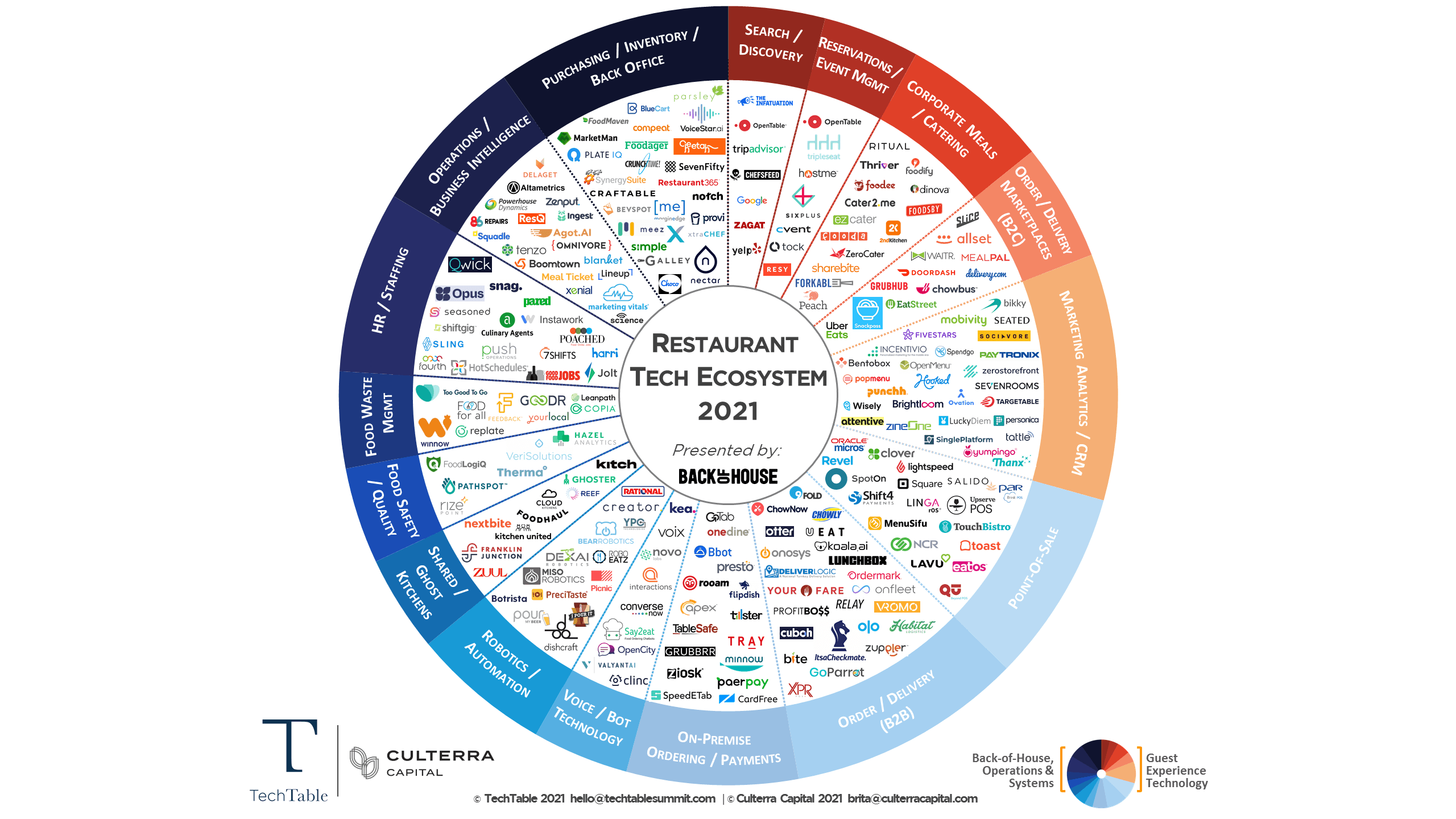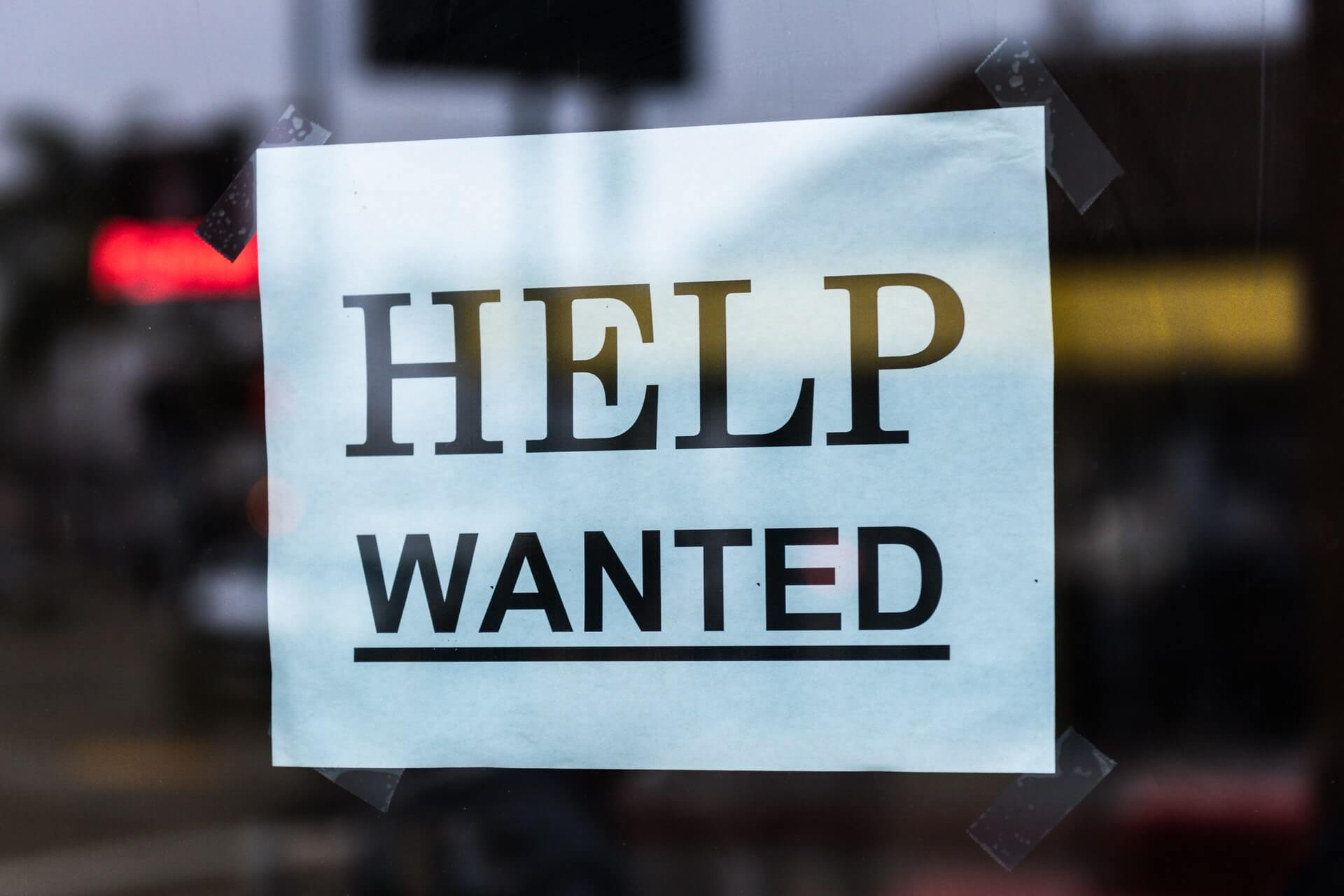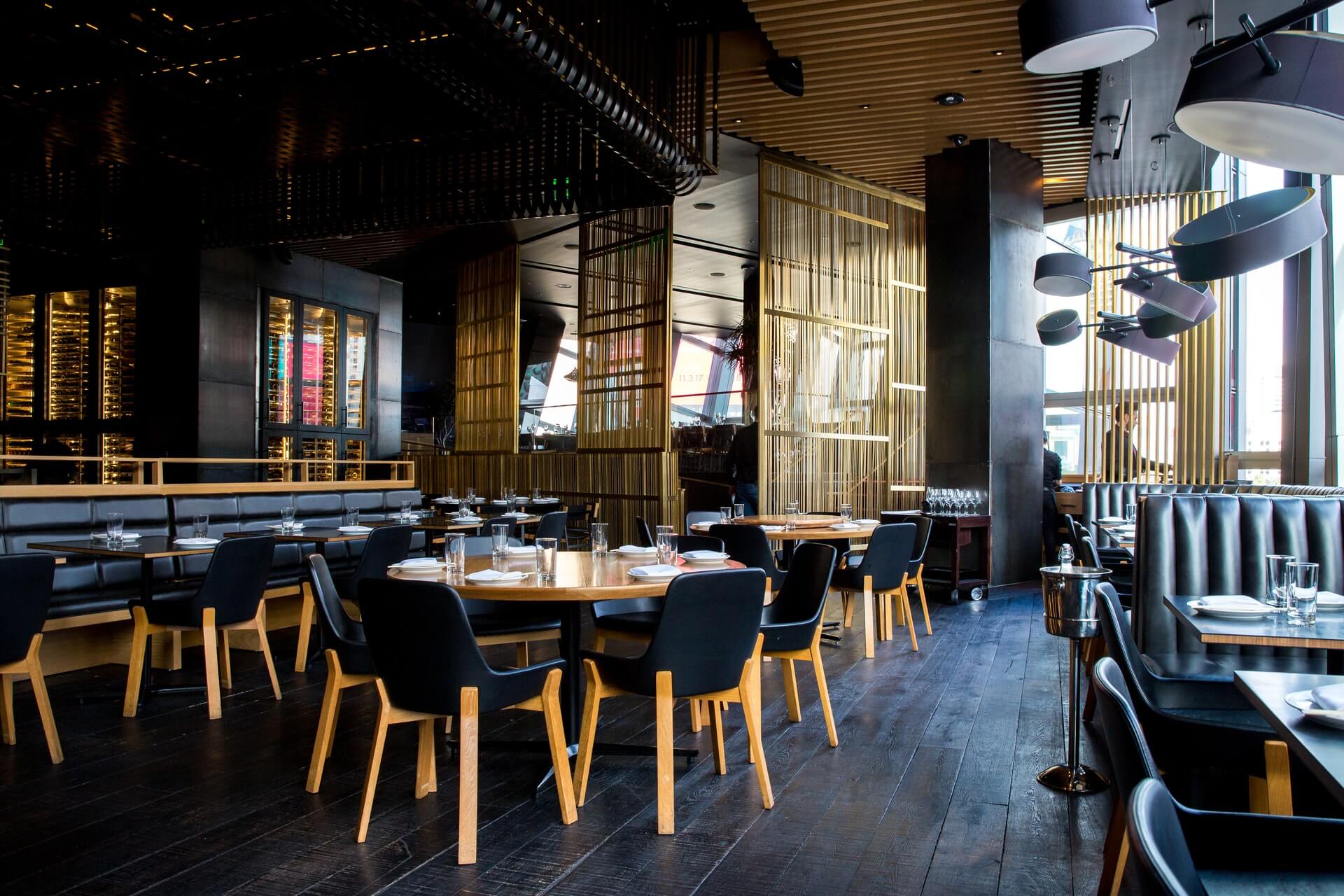Restaurant Tech Map Illustrates Innovation
by David Klemt

The hospitality industry’s embracing of new technologies is experiencing rapid and welcome acceleration in less than two years.
In comparison to the restaurant technology map by TechTable and Better Food Ventures from 2019, there are two entirely new categories: Shared / Ghost Kitchens, and Food Safety / Quality.
More than a dozen platforms on the 2021 map from TechTable and Culterra Capital (sponsored by Back-of-House) now fall into those two categories.
Changing Landscape
It’s a sign of current industry trends and what will matter to guests moving forward that ghost kitchens and food safety are emerging as separate tech segments.
Obviously, the pandemic didn’t create the ghost kitchen category. However, it did fuel a meteoric rise in delivery and takeout. In turn, ghost kitchens are more prevalent than ever.
After all, a former Uber executive Travis Kalanick owns CloudKitchens and Applebee’s is testing a ghost kitchen pilot program.
What was once the domain of murky, unpermitted virtual brands is now its own successful business model.
However, today’s guest isn’t concerned solely with convenience. In general, guests now take their health and safety more seriously since the pandemic
Tech platforms that can ensure the food guests are consuming is safe will ease some concerns.
Increase in Platforms
Again, in comparison to just two years ago, the acceleration in new tech for the industry is astounding. It’s also long overdue.
As a whole, the hospitality industry has been surprisingly slow to take on new tech. Although, it’s fair to say that there wasn’t much new to adopt until somewhat recently.
Now that there’s more to try out, operators seem keen to embrace tech that can help them streamline operations; improve inventory monitoring and ordering; hire employees and manage teams; engage with and market to customers intelligently; and much more.
Even better, the above map doesn’t include all of the available platforms. That’s excellent news as it means operators have an increasing number of choices to help improve their business in every category of operation.
For example, Barventory isn’t listed within the Purchasing / Inventory / Ordering segment. The platform makes taking inventory, gaining a real-time inventory snapshot, and efficient ordering a breeze. Barventory also features the world’s first live keg scale.
It’s challenging to find positives from the past 14 to 15 months. However, one good thing may be the leaps in technology our industry is experiencing.
If they continue, these innovations may make it easier for operators and their employees to recover.
A concept’s tech stack is crucial to operations and will only grow more important moving forward. Whether opting for a full KRG Hospitality package or the Mindset program, we can help operators make informed tech selections.
Map by TechTable and Culterra Capital, sponsored by Back-of-House
Featured image: Pepper by SoftBank Robotics (photo by Alex Knight on Unsplash)





